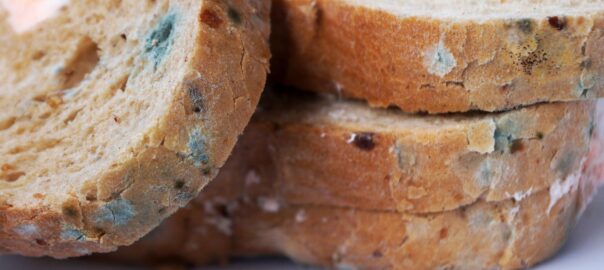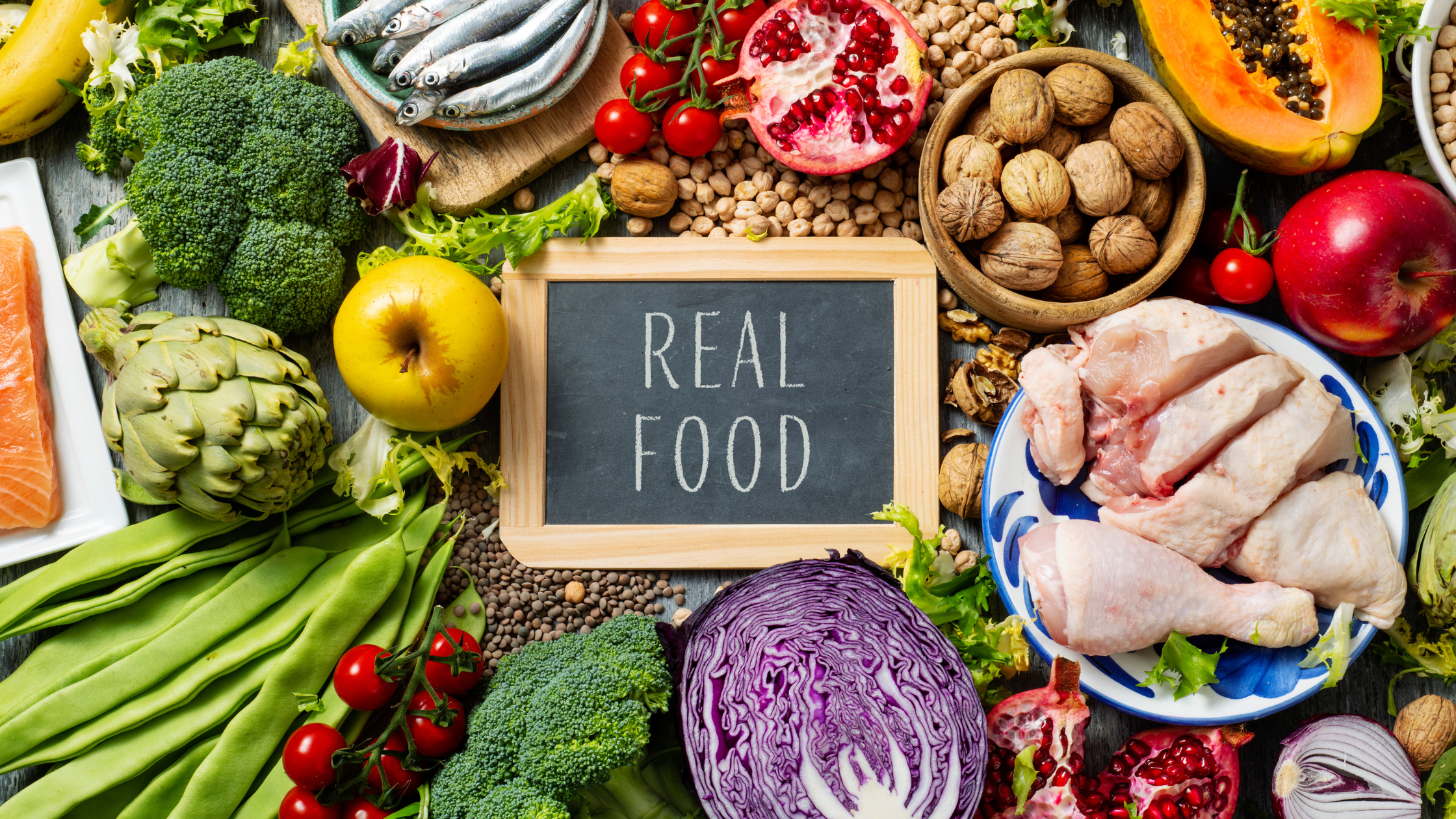Food Choices, Stress, and Mold Connection
The link between food choices, stress, and mold is significant. While convenient and processed foods were introduced to save time, they have had lasting negative effects on public health. These foods, rich in additives but low in nutrition, harm both the body and mind.
In the midst of a busy lifestyle, stress can dysregulate the nervous system, leading to various symptoms and illnesses, including heightened anxiety levels.
Anxiety acts as a natural alarm, signaling underlying issues that need attention. One such issue is the toxic aftermath of mold exposure, a hidden intruder that can be as harmful as it is widespread. G
Given the interconnectedness of the nervous and immune systems, taking a proactive approach is crucial to protect against unseen threats in your environment.
Mold Sickness Symptoms and Healing
Mold sickness presents a range of symptoms, from neurologic disruptions to immune suppression, posing a challenge in recognition due to potential misdiagnosis or undervaluation in healthcare.
Actions to Take:
- Meditate Regularly: Begin with meditation to calm your nervous system, creating a foundation to implement lifestyle changes.
- Nourish Your Body: Prioritize a diet that supports your body’s healing from mold-induced inflammation.
- Beware of Misdiagnosis: Understand that environmental factors such as mold toxicity may be overlooked in mainstream medicine, leading to ineffective treatments.
- Seek Positive Support: Engage with communities that focus on healing and avoid hopeless discussions.
- Embrace Nature: Reconnect with natural rhythms and adopt healthier living habits to counteract modern lifestyle-induced hypersensitivity.
Learn more how to protect yourself from mold sickness by watching my interview with Dr. Traci Potterf below:




